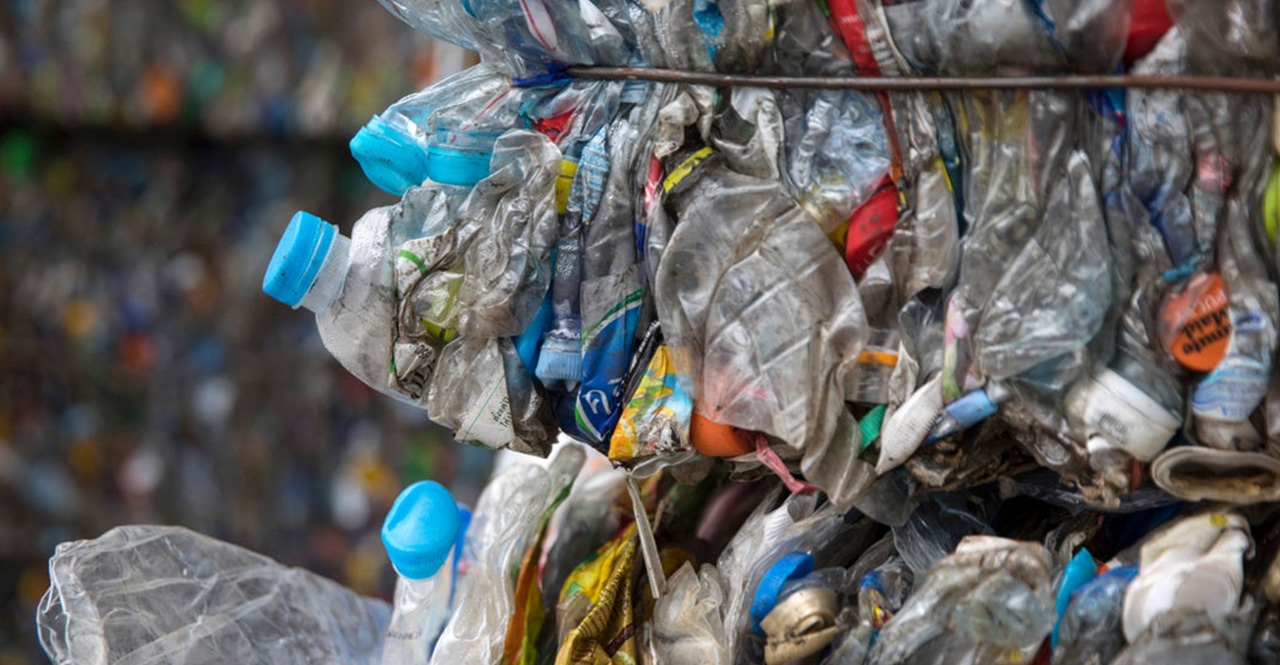Discovering the Value of Reclaim Waste in Sustainable Waste Monitoring Campaigns
In the realm of lasting waste monitoring, the idea of recovering waste emerges as a vital element that requires focus and factor to consider. By examining the intricate interaction in between waste recovery and sustainable waste management efforts, we start to untangle a narrative that prolongs past traditional waste disposal methods.
Value of Reclaiming Waste
Why is reclaiming waste crucial in lasting waste monitoring methods? Recovering waste plays a vital function in lasting waste management by minimizing the quantity of waste sent out to garbage dumps, preserving all-natural sources, and lessening ecological impact. By redeeming waste materials with recycling, upcycling, or repurposing, beneficial sources can be recovered and reintroduced right into the production cycle, minimizing the demand for virgin products. This not only lowers the stress on natural deposits however likewise helps in lowering energy usage and greenhouse gas emissions connected with the extraction and processing of resources.
Additionally, recovering waste promotes a circular economic climate where products are reused and recycled continuously, advertising a much more effective and lasting use resources. It also adds to the creation of green work and economic development in the recycling and waste monitoring sector. By incorporating waste recovery techniques right into waste administration approaches, services and communities can move towards a much more sustainable future, where waste is seen not as a concern yet as a beneficial resource.
Benefits for the Environment
In the realm of sustainable waste monitoring, the technique of recovering waste not just saves all-natural sources and lowers waste sent out to garbage dumps yet also yields considerable advantages for the environment. By redeeming waste products, such as metals, glass, plastics, and raw material, the ecological effect of resource extraction and production is reduced (Reclaim Waste). This results in reduced power intake, decreased greenhouse gas discharges, and reduced levels of air and water air pollution connected with drawing out basic materials
Additionally, reclaiming waste aids in the preservation of biodiversity and natural environments. It lowers the demand for land fill space, consequently minimizing land degradation and habitat devastation. Additionally, the procedure of redeeming waste usually includes recycling and repurposing materials, which consequently decreases the need for brand-new items and the linked energy and resources needed for their production.
Contribution to Round Economic Climate
Playing a pivotal role in fostering sustainability and source efficiency, reclaiming waste makes a considerable payment to the circular economic situation. By reintroducing thrown out materials back right into the production cycle, recovering waste lessens the demand for virgin resources, thus reducing the general environmental effect of resource removal and usage. This process straightens with the principles of the round economic climate, which highlights optimizing the value and utility of sources with closed-loop systems.
Furthermore, redeeming waste advertises innovation and encourages the development of brand-new modern technologies and processes for reusing and upcycling materials. This not just decreases waste sent to land fills but likewise creates new financial chances by producing second raw products for making industries. Consequently, reclaiming waste assists to develop a more durable and sustainable economic climate that is much less depending on limited resources and susceptible to disturbances in the supply chain. Inevitably, by integrating waste improvement techniques right into waste management organizations, campaigns and neighborhoods can proactively add to constructing a much more regenerative and round economic situation.
Decreasing Land Fill Waste

In addition, applying waste-to-energy technologies can help in reducing the quantity of waste sent to land fills while additionally generating power. Motivating the usage of reusable items, such as purchasing bags and water bottles, can significantly reduce the amount of waste that ultimately winds up in garbage dumps. Education and learning and recognition projects on proper waste disposal and the value of minimizing, recycling, and recycling can additionally play a crucial duty in reducing garbage dump waste. By prioritizing the decrease of landfill waste, sustainable waste monitoring techniques can be enhanced, leading to a healthier atmosphere and economy.

Future Effects
Taking into consideration the fast improvements in innovation and developing ecological difficulties, the future ramifications of lasting waste monitoring are poised to revolutionize present methods. The adoption of cutting-edge modern technologies such as artificial intelligence, Internet of Things (IoT), and blockchain can significantly improve waste surveillance, sorting, and reusing procedures. These developments allow real-time monitoring of waste streams, recognition of recyclable materials, and enhanced efficiency in resource appropriation.
Furthermore, the change towards a round economic climate version, where sources are reused, reused, or upcycled, will end up being increasingly prevalent. This transition not only decreases the dependence on virgin materials but likewise lessens waste generation, causing an extra eco friendly and sustainable waste monitoring approach.
In addition, the combination of lasting waste monitoring techniques into wider sustainability schedules is anticipated to gain grip. Reclaim Waste Melbourne. Organizations and federal governments worldwide are recognizing the importance of waste reduction and recycling in combating climate change and promoting a circular economic climate. Therefore, policies and guidelines sustaining sustainable waste management initiatives are most likely to become extra rigid, driving sectors towards even more eco-friendly methods
Verdict
In conclusion, the relevance of recovering waste in lasting waste administration campaigns can not be overstated. By recovering waste, we can lower environmental effect, contribute to a round economic Industrial waste water treatment situation, and decrease land fill waste.
By taking a look at the complex interplay in between waste improvement and sustainable waste management initiatives, we begin to decipher a narrative that expands beyond traditional waste disposal approaches. Redeeming waste plays a critical role in lasting waste administration by minimizing the quantity of waste sent to land fills, preserving natural resources, and reducing environmental influence. By including waste recovery practices right into waste administration communities, organizations and strategies can relocate in the direction of a more lasting future, where waste is viewed not as a worry however as an important resource.
